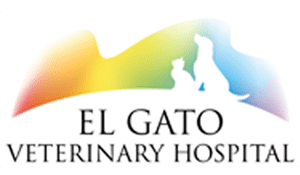Unleash the Joy with Safety: Four Vital Tips for Dog Park Safety for Pet Owners
The dog park can be a dangerous place for the unprepared, so when venturing into an off-leash play area with your canine companion, follow our tips to keep them safe.
#1: Protect your dog against infectious diseases
Before granting access, reputable dog parks typically require proof of vaccination to ensure the safety of all dogs. At a minimum, your dog must have up-to-date vaccinations for rabies, distemper, parvovirus, and bordetella. Additionally, some parks may also require or recommend vaccinations for canine influenza, parainfluenza, and leptospirosis. It is crucial to ensure that your furry companion is current on all these vaccinations before taking them to the park.
#2: Visit during off-times
Dog parks are typically the most crowded right after the working day is over when they’re overflowing with exuberant dogs eager to release pent-up energy. Overexcited dogs are less likely to follow proper canine etiquette, which can result in bullying situations and fights. Opt for an off-peak time to let your dog exercise so they don’t have to worry about a pack of dogs on their heels as they chase a ball.
#3: Double up on identification
While it is rare for your dog to escape through the double gate at the park’s entrance, unexpected incidents can occur. To ensure a joyful reunion with your beloved companion, take proactive measures by equipping them with multiple forms of identification. This includes ID tags on their collar, a collar engraved with your phone number, and a microchip for added security.
#4: Watch for warning signals
Dog parks are not the place to teach socialization skills, so keep a sharp eye out for inappropriate behaviors or signs that your dog is uncomfortable. Stress, anxiety, and fear can appear in your dog as:
- Running away
- Tucked tail
- Freezing
- Excessive drooling
- Panting disproportionate to activity
- Trembling or shaking
- Cowering or exposing their abdomen
- Clingy behavior
- Lip licking
- Whale eye
- Raised hair
- Reactivity or aggression (e.g., barking, growling, nipping)
At the first hint of unease from your dog, leave the dog park before things escalate.
Not all dogs are suitable for off-leash dog parks. Numerous dogs prefer individual socialization or independent exploration rather than being in a large group of energetic canines. Regardless of your dog’s socialization preferences, it is essential to prioritize their protection against infectious diseases and parasites through consistent preventive care. Contact our team today to schedule your dog’s annual wellness visit and ensure they receive the necessary care to stay up to date and healthy.

